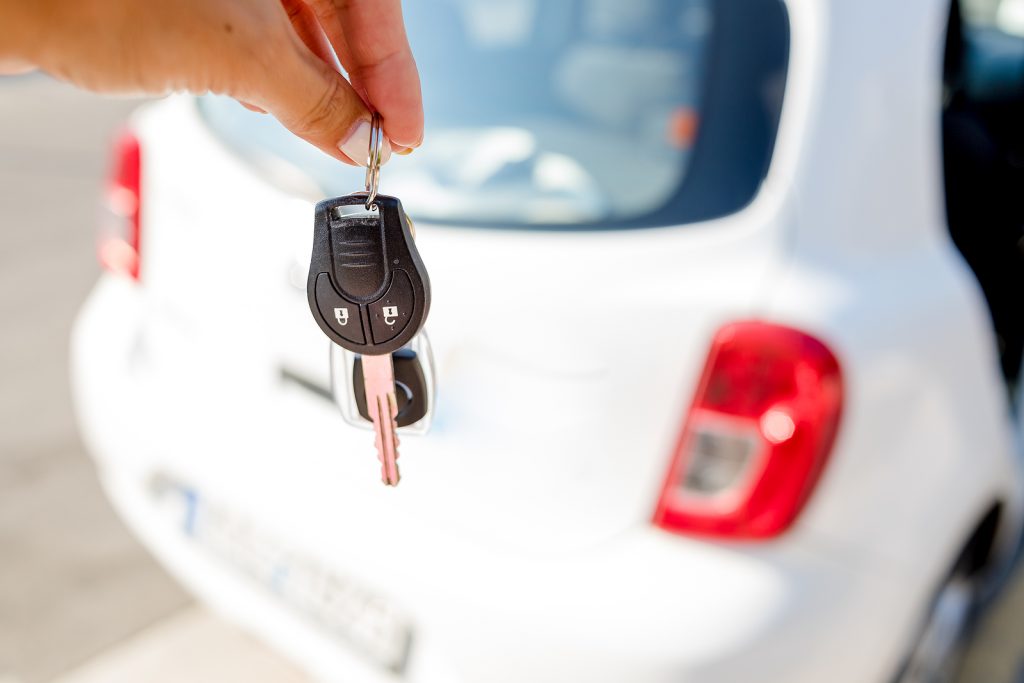If you need relief from overwhelming debt and a way to move forward, bankruptcy can provide the path and a light at the end of the tunnel. One of the most powerful tools in a North Carolina bankruptcy proceeding is the automatic stay.
According to the North Carolina Association of County Attorneys, the automatic stay goes into effect almost immediately when you file a bankruptcy petition with no judicial review. All debt-related actions against you cease until the court dismisses your case or completes bankruptcy proceedings.
Who benefits from an automatic stay?
An automatic stay is an injunction issued to creditors when you file for chapter 7 or 13 bankruptcy. In chapter 7, a court trustee sells your nonexempt assets and pays creditors. In chapter 13, the court representative negotiates with creditors and sets up a three- to five-year repayment plan. The automatic stay gives you time to deal with your finances before creditors can try collecting the money owed.
What debts does an automatic stay cover?
You may hesitate to file bankruptcy because you worry about losing your home. However, an automatic stay stops foreclosure proceedings and lets you keep your home while you work everything out. In some cases, your home may be exempt property so that you may keep it despite the bankruptcy. If creditors garnish your wages or utility companies threaten to shut you off, the automatic stay can stop them.
The automatic stay remains in effect throughout your bankruptcy proceedings. In chapter 7, this typically means about six months. In chapter 13, it lasts the duration of the repayment plan. Every case is unique and the details about your specific situation determine which bankruptcy plan works best for you.








